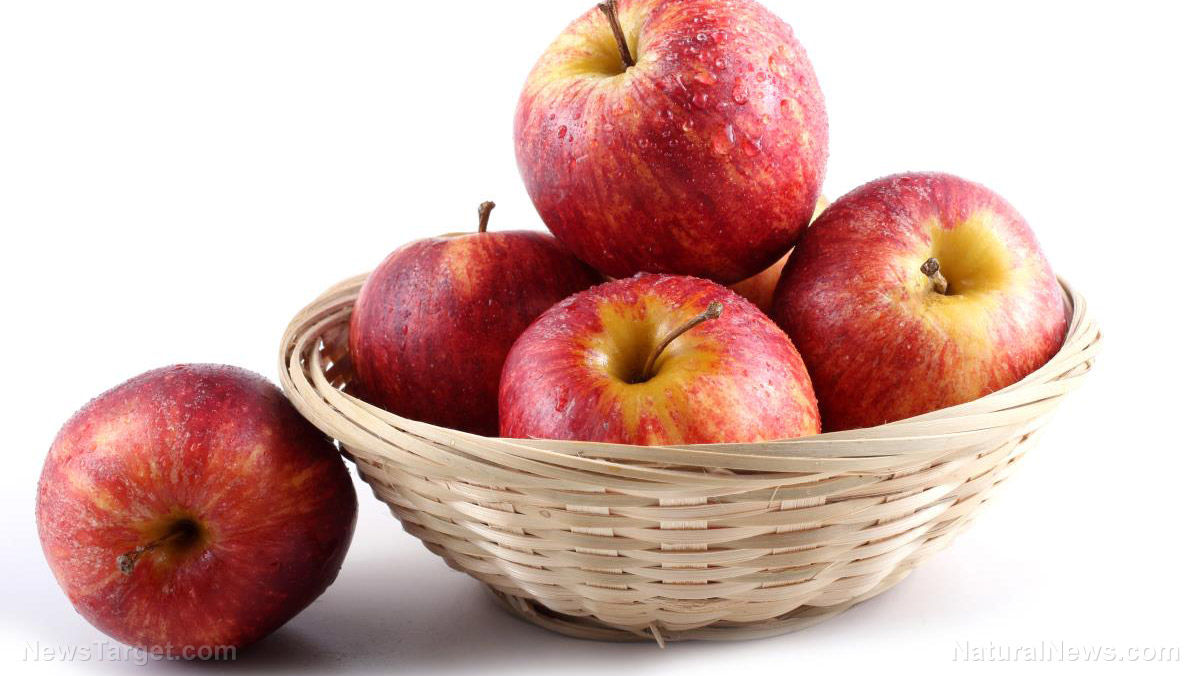The Health Benefits of Cinnamon
04/14/2016 / By supplementsreport

Not only does cinnamon help to lower your blood pressure, it tastes great too. Add this superfood to your coffee, baked goods, and just about anything else
(Article by Julie Steward, republished from http://www.shape.com/healthy-eating/diet-tips/health-benefits-cinnamon)
Your first taste of cinnamon might have come from a slice of cinnamon-sugar toast or a bowl of cereal named after that very same breakfast food. The nostalgia factor can be strong with this spice, but the benefits of cinnamon go way further.
What Is Cinnamon?
Think you know everything about this staple cabinet spice? Cinnamon is the dried bark of the cinnamomum verum plant. Yes, that’s right: Cinnamon sticks are bark.
The Health Benefits of Cinnamon
A teaspoon of ground cinnamon contains just six calories but packs a big punch of your daily recommended dose of manganese, a mineral that activates key enzymes throughout your body. The benefits of cinnamon don’t stop there: Cinnamon contains active polyphenols similar to those found in tea, says Richard A. Anderson, Ph.D., C.N.S, who researches the spice. “Components of cinnamon function as insulin potentiating, antioxidant, and anti-inflammatory agents,” he says.
One of the most well-known benefits of cinnamon is its role in reducing blood sugar. In a study published in the Journal of the American Academy of Nutrition and Dietetics, people who added cinnamon to their breakfast had a reduced blood sugar level two hours later than those who ate food without cinnamon. The spice might also provide cognitive improvements, as research published in Nutrition Research found that people with high blood sugar who consumed cinnamon had better working memory than those who didn’t. (Cinnamon is one of the 5 Foods That Boost Your Memory.)
Even better? The spice might make your period less torturous. In a study in the Journal of Clinical & Diagnostic Research, a small amount of cinnamon—less than a quarter teaspoon—worked better than placebo for relieving menstrual cramps.
How to Use Cinnamon
As with its numerous benefits nutritionally, cinnamon is a multitasker when it comes to flavor, too. “Cinnamon’s versatility in both sweet and savory dishes makes it one of the most well loved and commonly used spices,” says Holley Grainger, M.S., registered dietitian based in Birmingham, Alabama. Add a dash of cinnamon to your morning lemon water or tea. Sprinkle it on freshly sliced apples or pears or add a pinch to plain popcorn. Spoon it over cereal or cottage cheese to add flavor without sugar, says Grainger.
You can even incorporate it into your dinner. “For savory cooking, simmer a whole cinnamon stick in a braised meat dish or beef bolognese to intensify the flavor,” she says. “Add depth to a curry or marinade with fragrant ground cinnamon.”
For more cinnamon flavor, try cinnamon coffee, a cinnamon smoothie, apples with maple cinnamon yogurt, or add cinnamon to roasted nuts, like in the almond recipe below.
Cinnamon-Roasted Nuts
Ingredients:
- 2 cups raw almonds
- 1 1/2 teaspoon cinnamon
- 1/4 teaspoon chili powder
- 1 teaspoon sea salt
- 3 tablespoon honey
- 1 tablespoon olive oil
Directions:
1. Combine cinnamon, chili powder, and salt in a large bowl.
2. Stir in honey and oil, and then toss with nuts to coat.
3. Bake on parchment paper or a foil-lined cookie sheet at 350°F for 15-20 minutes, stirring once.
Read more at: http://www.shape.com/healthy-eating/diet-tips/health-benefits-cinnamon
Tagged Under: cinnamon, Manganese, polyphenols, Spices, tea




















